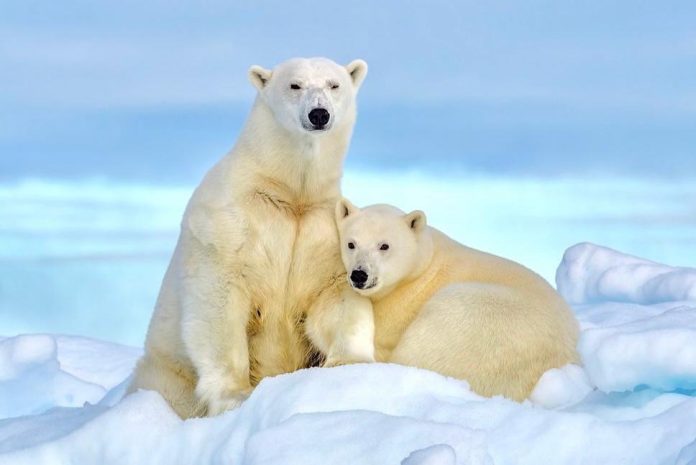
13 Million Acres of Alaskan Arctic Is Now Protected From Oil Drilling In The U.S.
You can help all animals and our planet by choosing compassion on your plate and in your glass. #GoVeg
RELATED ARTICLES
U.S. Congress Urged To Give $300 Million To Help Protect Endangered Marine Species
Photo Credit: Center for Biological Diversity
More than 80 conservation organizations recently urged Congress to increase the budget for the National Marine Fisheries Service in...
Captive Primate Safety Act Would End The Cruel & Dangerous Primate Pet Trade In The U.S.
The Captive Primate Safety Act (CPSA) was reintroduced yesterday, which would end the cruel and dangerous pet primate trade in the United States. Nonhuman primates...
Lion Cub Illegally Kept As A Pet Is Rescued From Lebanon & Relocated To South African Sanctuary
Photos by HSI
A four-month-old lion cub named Pi, who was rescued from an illegal pet owner in Lebanon, has been safely relocated to his...
Popular stories
News
Major Victory! Canada Bans The Trade Of Elephant Ivory & Rhino Horn In Historic Decision
The Canadian government has just announced a ban on the domestic trade of elephant ivory and rhino horn, as well as the import of...
News
Victory! Sinaloa Becomes The Fifth State In Mexico To Ban Cruel & Archaic Bullfighting
Animal activists rejoice as the Congress of Sinaloa unanimously approved an initiative that bans bullfighting in the state, classifying it as animal cruelty.
Sinaloa now...
News
Fosters Needed For Some 232 Domestic & Farm Animals Recently Rescued From “Inhumane”Conditions At A Farm In Pennsylvania
In another heartbreaking case of animal cruelty, 232 animals were rescued recently from a farm in Summit Township, Pennsylvania. Sadly, many deceased animals were also...


